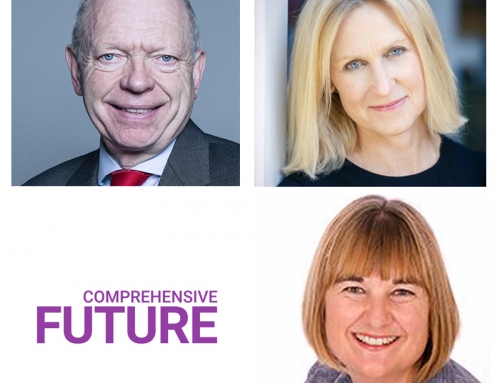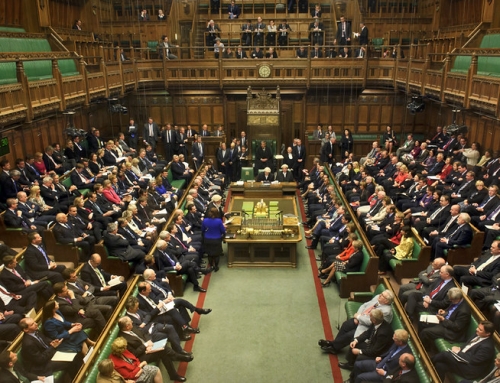If UKIP has its way the aim of introducing more grammar schools could be an election issue. Sadly in the 7 leaders debate when Nigel Farage suggested more grammars as a solution to young people being less well off than their parents not one of the other leaders challenged it. Of course as usual the idea was introduced as ‘more grammars’ not ‘more selection at 11’ which would be the inevitable consequence. Some days later Tristram Hunt disappointed in his answer when asked when he would turn the remaining grammar schools into non-selective schools. He replied – We will not be in the business of forcing local authorities to close or convert successful, popular schools. And that applies to high-performing local authority schools being pressured into academy conversion, too. Our policy on grammar schools remains as it has done for 20 years: no further expansion. That said, I do think we need to resist the allure of English education’s mania for debating secondary structures. Eighty per cent of the attainment gap at 16 is already present at the age of seven. The real fight against educational inequality begins with Sure Start and using early state intervention to help support families and better parenting.
A recent Ofsted report that claimed able children are not doing as well in schools as they should could be seized on by pro selectionists as evidence for their cause. However Ofsted made no such recommendation for selection at 11 but urged schools to focus on key stage 3, setting challenging targets for their most able. Meanwhile the education academic Becky Allen has challenged the assumption upon which Ofsted makes this claim ie the idea that children make linear progress, ie that we can expect that the level a child is assessed at KS2 should result in a particular level at KS4. Allen’s Education Datalab also reported at the same time that the child who ‘just passes’ into grammar school does worse at GCSE than their ‘just failing’ primary school peer at a state non selective school.
Meanwhile education journalist Warwick Mansell in his blog for the NAHT has also challenged Ofsted’s use of statistics comparing the outcomes for able children in non selective and selective schools using data on the number of pupils achieving level 5 at KS2. In a detailed article which one hopes Ofsted might note he says I would venture that such a comparison would be at the very least highly questionable, on the grounds of not comparing like with like: the question should at least be raised as to whether the characteristics of the pupils in the second group of schools – in that they had, effectively, to go through two forms of selection as high-achieving in order to qualify for inclusion in the sample for this second group, compared to only one for the first group – gave it an advantage.
Civitas too has joined the debate. In its book published in March The Ins and Outs of Selective Secondary Schools yes there is the expected from Peter Hitchens and others in support of more selection, but other chapters set out the history of the partial move to comprehensive education and provide several excellent detailed evidence based demolitions of selection. To coincide with the launch the author of one of the chapters Henry Stewart co founder of the Local Schools Network produced a very useful short myth buster.
While the decision on the Weald of Kent’s grammar expansion into an annex several miles away in Sevenoaks remains on the desk of the Secretary of State, grammar schools across the country for example in Redbridge, Gloucestershire and Slough are planning to expand on their sites. Of course as grammar schools take few pupils eligible for free school meals they miss out on pupil premium funding. Some Southend grammars are complaining about funding whereas some Birmingham grammars plan a two tier selection test to recruit some pupil premium students.
All of this illustrates that the idea remains strong in England that children must be divided at 11 into sheep and goats and that a selective system is an education system suitable for the 21st century. Clearly Comprehensive Future and all the other organisations opposed to selection need to redouble our efforts. But the argument is being won, at least among the young. Recently Comprehensive Future chair Melissa Benn spoke at two university debates at Manchester and Cambridge. At both the proposal of more selection at 11 and grammar schools was soundly defeated.




